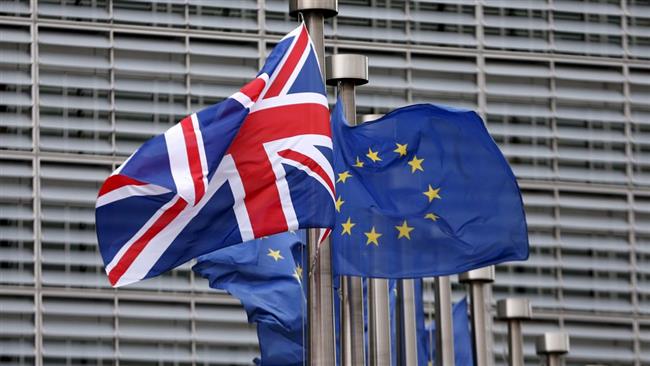UK has finally made headway in its quest to withdraw from the European Union (EU) following Tuesday’s approval of its “withdrawal bill” by British lawmakers.
The European Union (Withdrawal) Bill passed second reading, moving the bill to the next stage of the Parliamentary process.
The vote was 326 MPs in favour and 290 against.
Prime Minister Theresa May issued a statement calling the vote “a historic decision to back the will of the British people.”
“Although there is more to do, this decision means we can move on with negotiations with solid foundations and we continue to encourage MPs from all parts of the UK to work together in support of this vital piece of legislation,” she said.
David Davis, the UK’s secretary of state for exiting the EU, emphasised that the bill offers businesses and individuals “reassurance that there will be no unexpected changes to our laws after exit day” while avoiding “a cliff edge of uncertainty.”
He added: “The British people did not vote for confusion and neither should Parliament.”
The vote on what is formally titled the European Union (Withdrawal) Bill — designed to transfer EU law into UK legislation upon the country’s departure from the bloc in March 2019 — came after the conclusion of a second day of debate, which began Thursday.
In addition to codifying existing EU laws, the bill also means the UK would no longer have to adhere to new laws made in Brussels after the country’s departure from the bloc.
But May’s government faced opposition over measures known as Henry VIII powers, which opponents say constitute a “power grab” and give ministers more power than Parliament.
The government said those powers will not be used for any significant changes but rather for technical amendments and only for a limited time.
But this has not been enough to placate opponents. Labour leader Jeremy Corbyn had instructed his party to vote against the legislation.
“Parliament has already voted to leave the European Union. But the government’s EU Withdrawal Bill would allow Conservative ministers to set vital terms on a whim, including of Britain’s exit payment, without democratic scrutiny,” a Labour spokesperson told CNN on Monday.
Despite attempts from Labour, the Liberal Democrats and Scottish National Party to band together in opposition to the bill, May had the numbers to pass it.
The bill now moves to the committee stage in the House of Commons in October where amendments are likely to be added under pressure from backbench Conservatives and opposition members of Parliament.
Victory in the Commons would be a welcome boost for the Prime Minister with Britain enduring a difficult start to negotiations with Brussels, highlighted by last week’s frosty encounter between Davis and his European counterpart, Michel Barnier.
Barnier complained of “no decisive progress” in the negotiations and accused Britain of attempting to secure the “impossible” in its approach to leaving the single market while retaining its benefits. (NAN)





